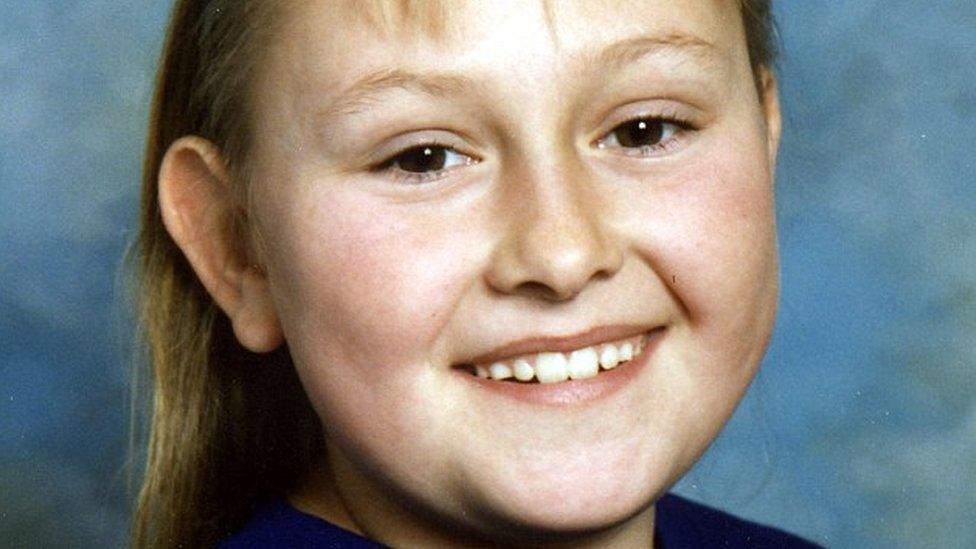Grooming gang investigator 'fed up' of political rows
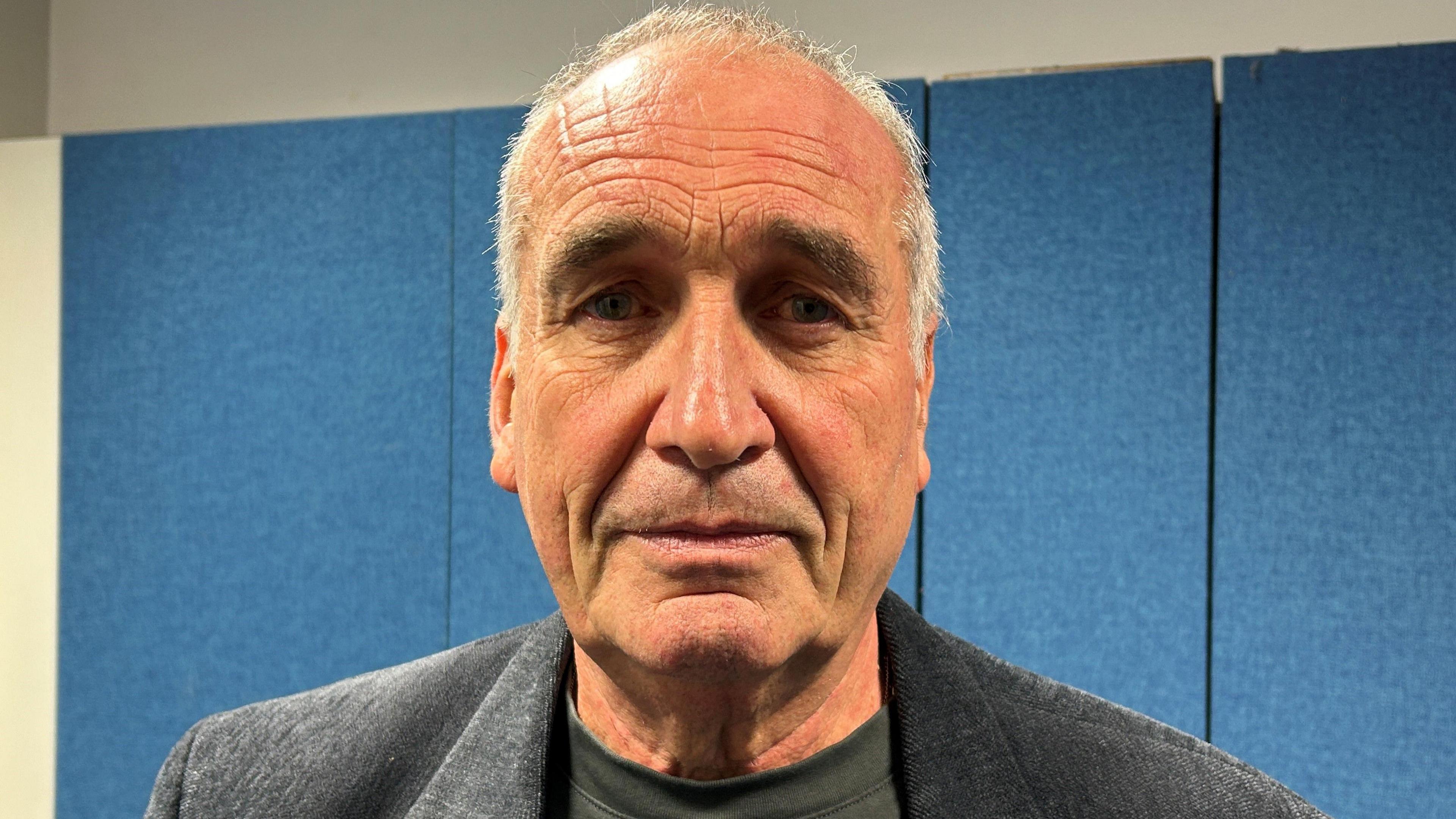
Alan Edwards said his investigation into child sexual exploitation had faced resistance in the early days
- Published
A detective who led an investigation into child sexual exploitation in Telford 15 years ago has said he is "fed up with the politics" around the subject.
Operation Chalice led to the conviction of seven members of a grooming gang in 2012.
Former Det Ch Insp Alan Edwards said it had "changed everything" and "started the conversation" about the issue in Telford.
In 2022, an independent inquiry, sparked in part by the Chalice trial, concluded that more than 1,000 girls had been abused in the town by groups of men since the 1980s.
The issue of grooming gangs has again been in the national headlines in recent weeks, but Mr Edwards said the "politics" surrounding the issue took the focus off simply "stopping the perpetrators".
The independent inquiry in Telford has recently been held up by the government as an example of how the wider issue of grooming gangs in areas should investigated, because it put victims at the centre of changes.
However, initial findings were very critical of West Mercia Police, as well as other organisations.
It said in many cases offenders had been "emboldened" by the absence of police action.
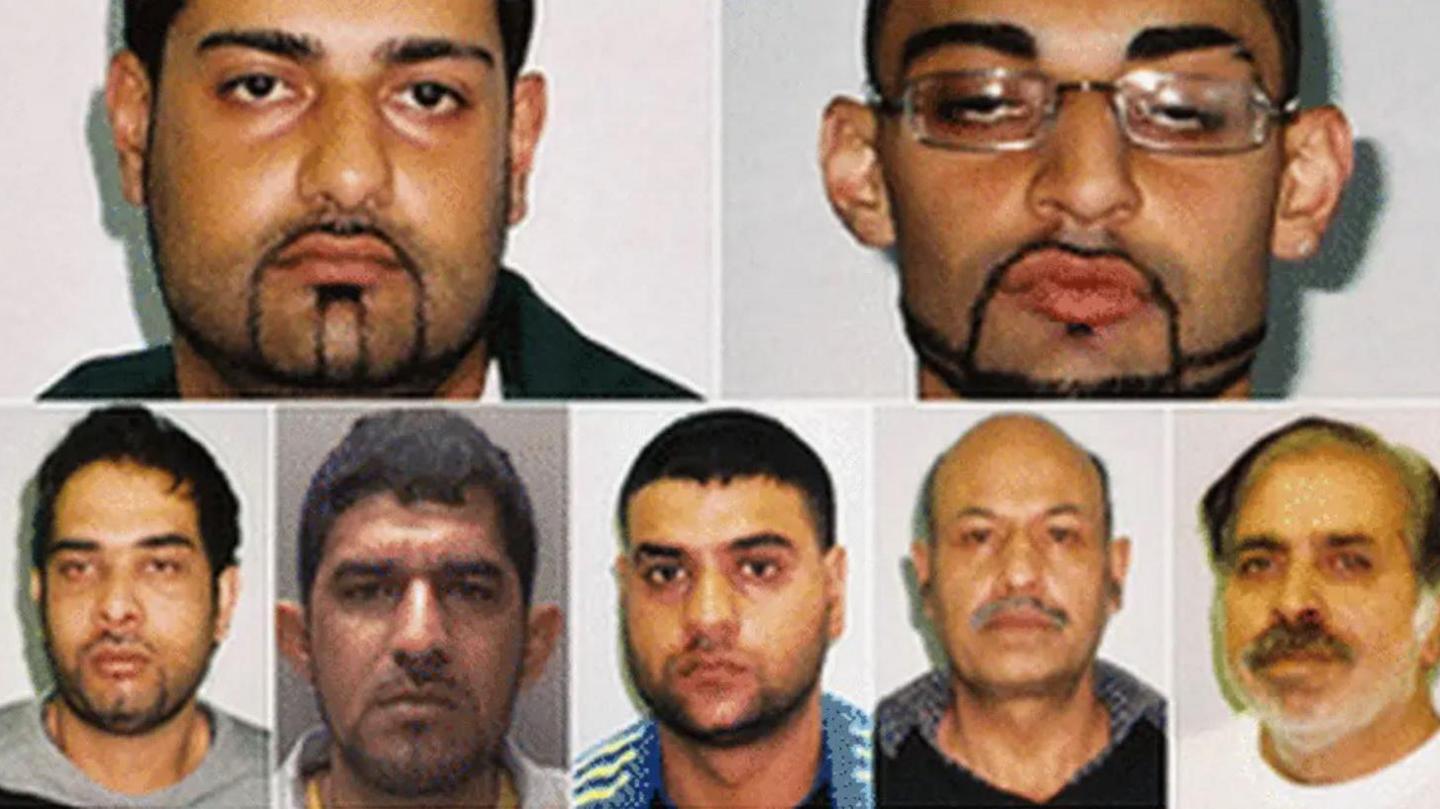
Seven men were jailed in 2012, following Operation Chalice
"People were scared to deal with things. They forgot that there is a victim that is being raped, whose family is being threatened, that they're scared," Mr Edwards said.
"They forgot all about that. It became politics and people used it as a political weapon.
"It was being talked about, people knew that these cases were out there, but then it would be buried afterwards."
The Telford inquiry itself heard that police had failed to properly target south Asian men over child sex crimes because it would have been "too politically incorrect".
More recent updates from the inquiry chair Tom Crowther have been much more positive of the changes introduced by police, the council and local NHS services.
But at the start of Operation Chalice, Mr Edwards he said he had felt he was "fighting the system".
"I was supported by my chief officers. They were very, very good," he said.
"There were certain other officers maybe at a senior rank that didn't agree with it and there were certain agencies that didn't agree that actually this was a problem.
"But for those officers on the ground that could see it, we recognised that this was something that needed to be dealt with."
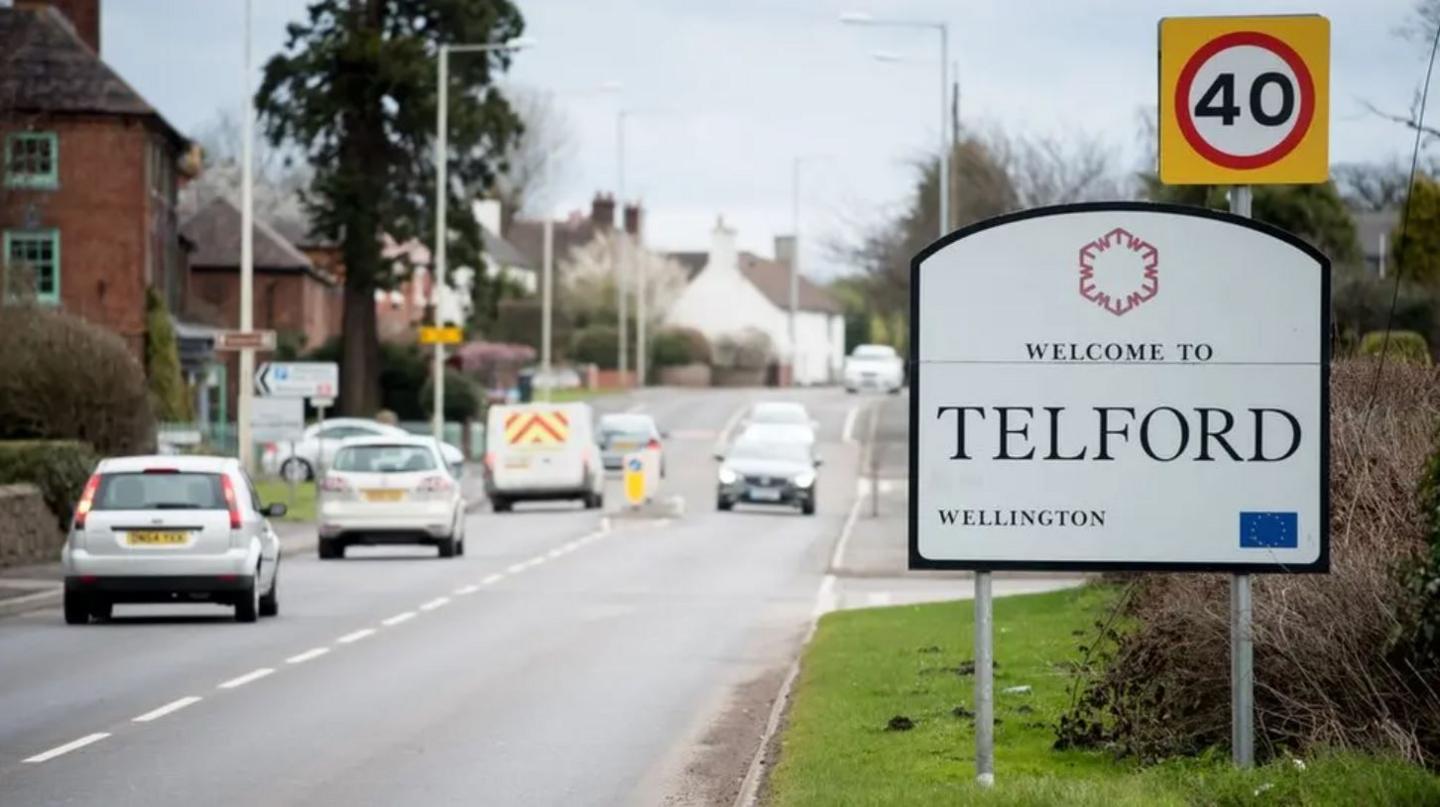
Operation Chalice concluded more than 100 girls could have been targeted in Telford between 2007 and 2009
Mr Edwards said when he had started investigating, not much was known about the methods used by grooming gangs.
He said police at the time were used to investigating incidents of child abuse where the victims came forward, but in these cases many of the victims had been convinced by their abusers to keep quiet.
The subsequent trial heard girls had been given mobile phones and gifts and convinced that their abusers were their boyfriends.
"It was akin to something I'd dealt with previously, which was radicalisation," Mr Edwards said.
Cooper announces inquiries into grooming gangs
- Published16 January
Nandy denies Musk prompted grooming gangs inquiry
- Published17 January
Local abuse inquiry could shape government thinking
- Published8 January
The team brought in an expert from The Netherlands to pass on their knowledge of similar networks in their country, and after a long investigation the team was successful in securing the convictions of seven men.
As a result of his investigation, and others like it, Mr Edwards said "we now acknowledge that there is an issue" and the publicity surrounding the Telford case led to him being asked to share his expertise with other forces.
But he said the wider political debate surrounding the issue had not been helpful.
Speaking about his case, he said: "It didn't matter where these perpetrators had come from, the background or anything. It was to stop the gang-rape of young girls."
Mr Edwards left the police in 2016 at the rank of superintendent and later went on to help tackle human trafficking gangs in Turkey and North Africa, as well as working for the French government on the issue.
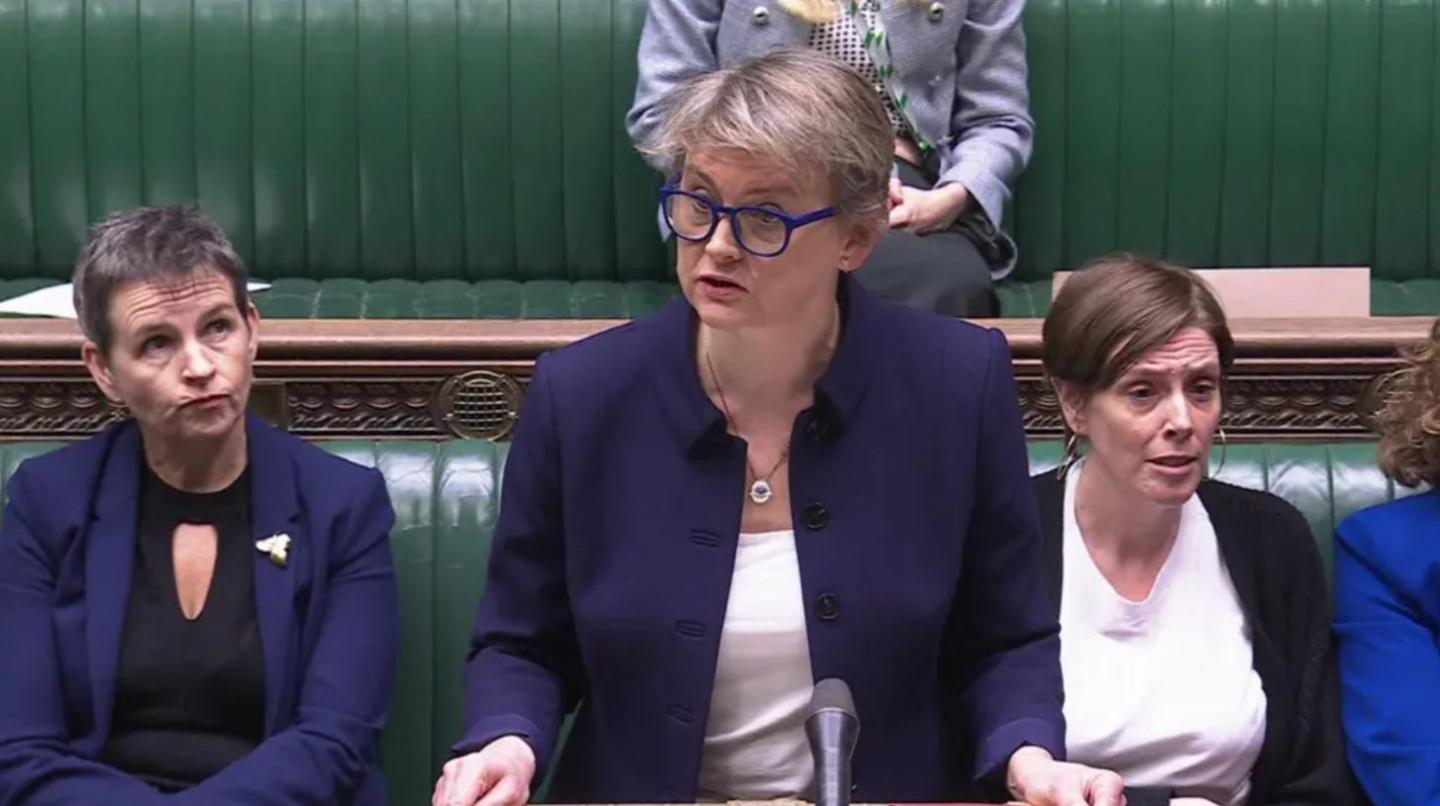
Yvette Cooper announced five local inquiries into grooming gangs
On Thursday, Home Secretary Yvette Cooper announced plans for a nationwide review of grooming gang evidence and five government-backed local inquiries.
She also announced a "rapid" three-month national audit to examine the demographics of the gangs and their victims, as well as "cultural drivers" behind the offending.
The government had previously resisted calls for a national inquiry, despite pressure from the Conservatives and Elon Musk, the multibillionaire owner of social media platform X.
Attention had been drawn to high-profile cases where groups of men - mainly of Pakistani descent - were convicted of sexually abusing and raping predominantly young white girls.
Mr Edwards said that sort of debate had been counter-productive in the past, and simply seized upon by right-wing groups.
However, he said he was optimistic the issue was being taken more seriously now.
"There's still the politics taking place of who's done what and who didn't do what, but we are dealing with it," he said.
"At the end of the day, if we have an allegation where a child is suffering, being raped, being persecuted in some way, we have a duty - everyone has a duty - to work together and investigate, and this is all I wanted to do."
Get in touch
Tell us which stories we should cover in Shropshire
Follow BBC Shropshire on BBC Sounds, Facebook, external, X, external and Instagram, external.
- Published16 July 2024
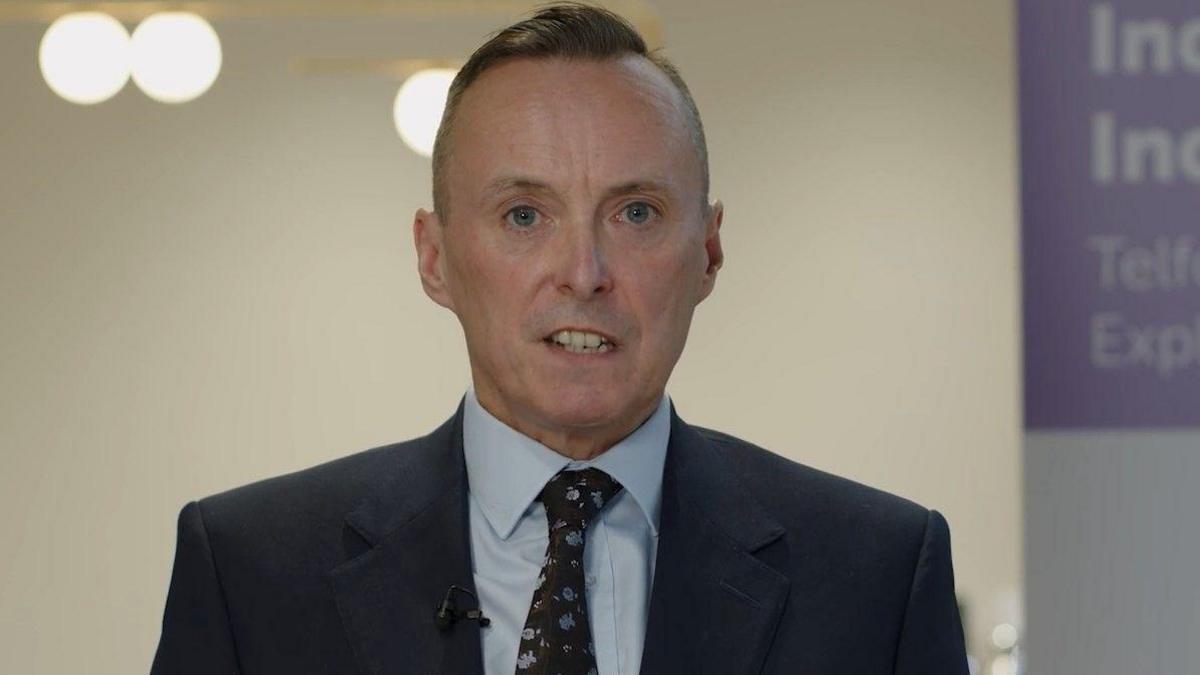
- Published12 July 2022
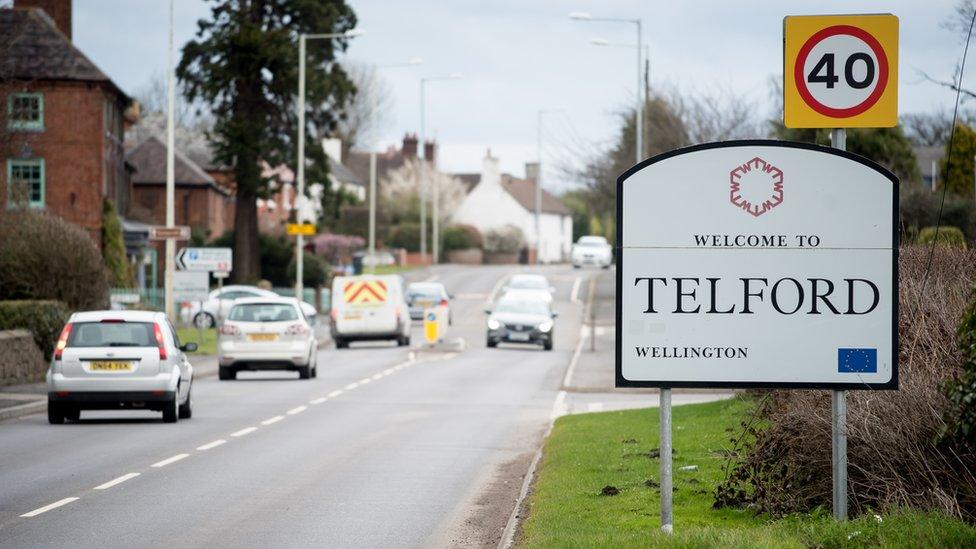
- Published13 July 2022
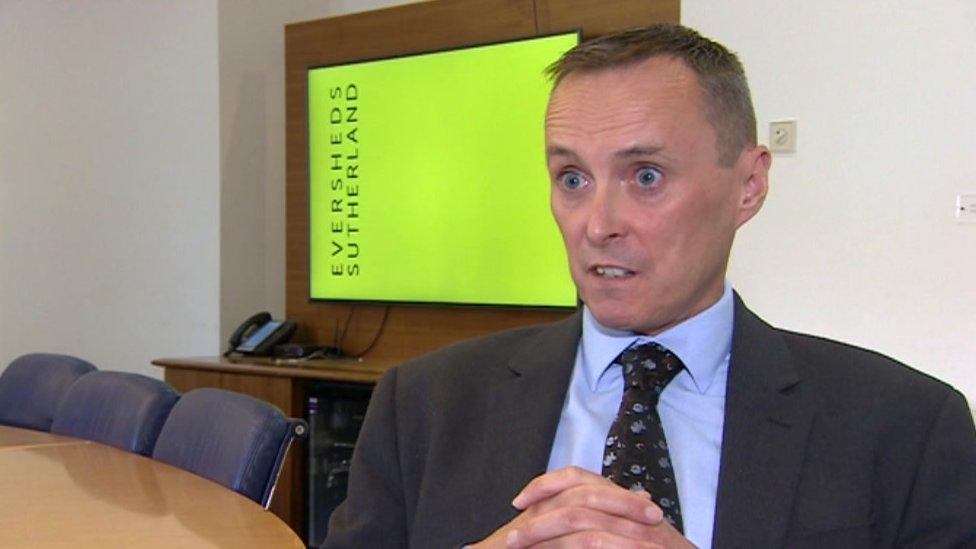
- Published12 July 2022
